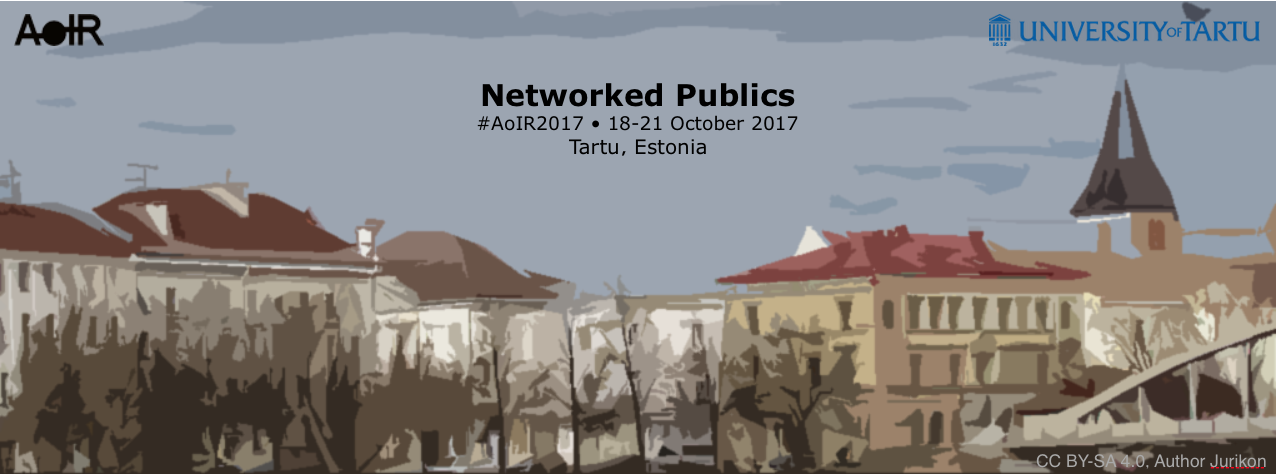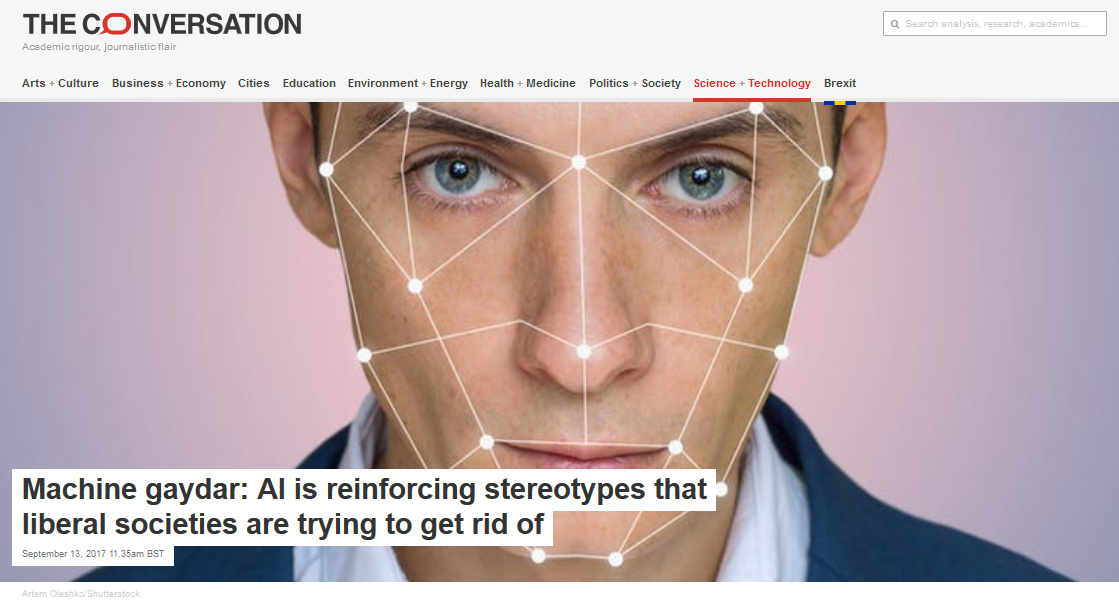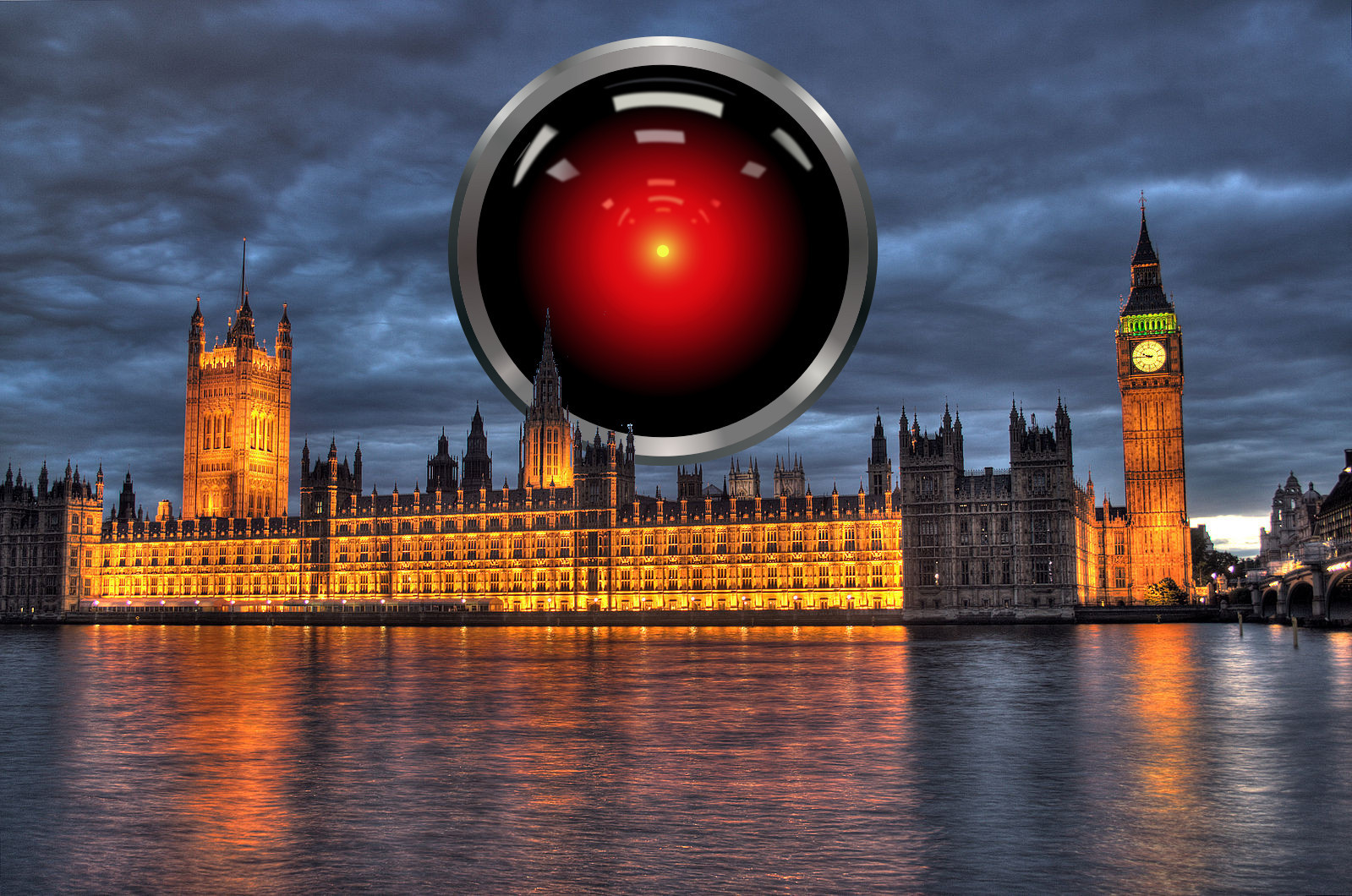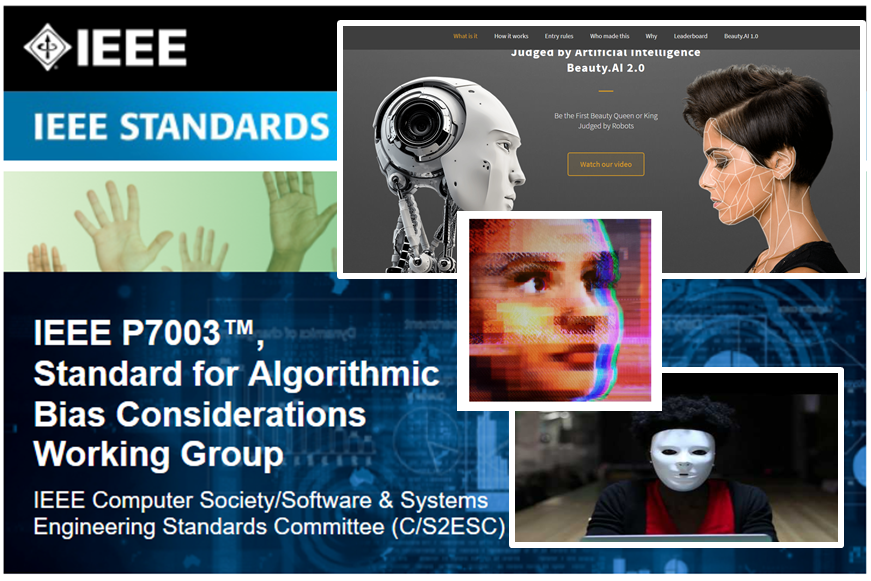An international workshop co-organized by LINKS, and the Center for Cyber, Law and Policy, University of Haifa, Israel in collaboration with UCLA Program on Understanding Law, Science, & Evidence (PULSE)
July 9, 2017 University of Haifa
Can fair use be implemented by design? Could artificial intelligence (AI) capability enable algorithms to identify fair use with a reasonable degree of accuracy?
How can we ensure the accountability of such systems? The purpose of this interdisciplinary workshop is to address these questions.
Background
This Notice and Take down regime, enacted in the U.S. by the Digital Millennium Copyright Act in 1998, now involves algorithmic implementation. Large copyright holders deploy automated systems, which use bots to scour the Internet for copyright infringements and then to generate and send take down notices to the applicable intermediaries. Unfortunately, this algorithmic copyright regime removes or blocks access to large amounts of material that does not infringe copyright — a consequence of both deliberate misuse of the notice and take down process and the failure of current algorithmic enforcement mechanisms to distinguish between infringing and non infringing content.
In particular, as currently implemented, the algorithmic copyright regime has the effect of blacking out online fair use. Fair use is a legal doctrine that serves as a check on copyright, to make sure it does not stifle the very creativity that the law seeks to foster. Hence, it is often fair use to copy from a copyright-protected work – or even to copy the entire work – for purposes of criticism, commentary, parody, news reporting, or scholarship, or even using the original as raw material for a different expressive purpose. The U.S. Supreme Court has also emphasized that fair use is a vital free speech safety valve within copyright law, serving to ensure that copyright enforcement does not stifle free speech.
Objectives
The purpose of this workshop is to explore whether fair use could be implemented by an algorithm and embedded in the design of the online enforcement system. The workshop will bring together experts from computer science, data sciences, and law with the goal of exploring the feasibly of developing fair use by design. If we conclude that fair use by design is feasible, even in part, a subsequent stage will aim at developing a proof of concept for algorithmic fair use (i.e., by open hackathons/competition).
Program
The structure of the workshop will be fully participatory for each section. We have asked several participants to take the lead in the given sections and to present the main challenges.
8:30-9:00 Welcome and Coffee
9:00-9:30 Setting the agenda
Opening remarks by the organizers and round of introductions
9:30-11:00 Fair use: the legal challenge (Neil Netanel, Oren Bracha)
Themes
* A brief introduction to fair use
* Predictability/foreseeability in fair use
* Might some subset of fair uses be more predictable?
* How compared with other legal-tech systems?
11:00-11:30 Coffee Break
11:30- 13:00 AI: the technological challenges (Rita Osadchy, Tamir Hazan, Roi Reichart)
Themes
* A brief introduction to AI and machine learning
* What algorithms can and cannot do?
* What input and output is necessary?
* Is it useful to apply parameters and clusters identified by legal scholars?
13:00-14:00 Lunch
14:00-16:00 Exploring the Feasibility of Fair Use by Design (Niva Elkin-Koren, Mayan Perel)
Themes
* Existing algorithmic tools applied for detecting infringing materials
* Can algorithms decide fair use?
* What are the standards of functionality?
* What are the barriers?
* How to test and evaluate the algorithm?
16:30-17:00 Coffee Break
17:00-18:30 Accountability (Chris Garstka, Ansgar Koene. Rita Osadchy)
Themes
* How to ensure accountability in such systems?
* How to protect against error and biases?
* How to certify, test and evaluate the algorithm?
* What procedures and standards could be useful for legal oversight?
* What possibilities might there be for human intervention?
* What lessons could be drawn for judicial oversight of algorithmic adjudication in other areas?
18:30 Concluding remarks and next stage
19:00 Reception & Dinner





